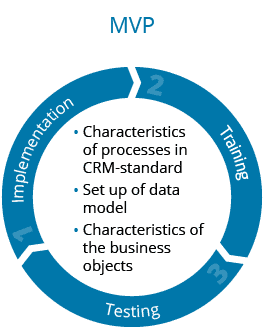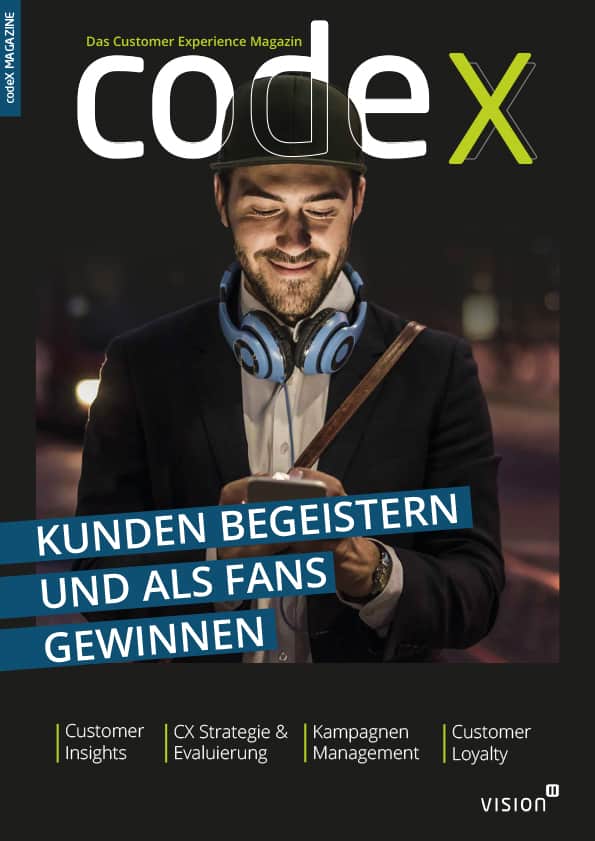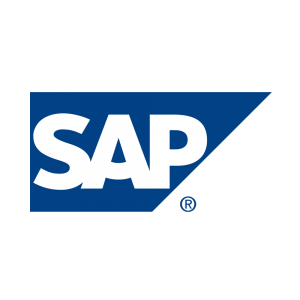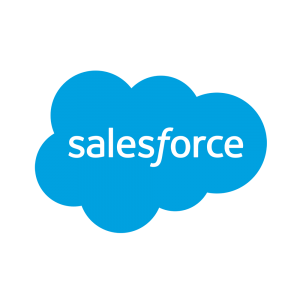Implementation
Your Customer Relationship Management (CRM) strategy and processes have been defined. You’ve also found the right software provider. Now it’s time to implement your customized CRM solution. But even a perfect project plan must take unexpected events, hurdles, or challenges into account. This is why agility and flexibility are key to successful implementation.
For efficient and goal-oriented system implementation, you’ll benefit from our individual and vendor-independent consulting, our experienced project support, and our deep technical know-how. Aided by agile project management, our quality management and change management, we will eliminate data silos in your company, provide you with a 360-degree view of your customers and establish the right conditions for consistently positive customer experiences.
Benefits for you:
- Close and continuous collaboration of all project participants
- Timely feedback loops for fast responses to new requirements
- Transparent work mapped on a Kanban board
- Smooth transition from implementation to system operation (Managed CRM)
To ensure the success of your implementation project, we will focus above all on the following criteria:
- How can we build technical understanding of the process within the company?
- What industry-specific best practices can we draw on?
- How can we best involve all the required stakeholders (from C-level to employees involved)?
- Where are the biggest pain points in the status quo – and how can they be prioritized?
- How can we promote ongoing communication and interaction between all the people involved?
- How can we best involve end users – e.g., through early testing directly in the system?
- How can we create the greatest possible flexibility and agility in project implementation?
- How can integration into existing processes and the present system landscape be optimized?
Implementation: From requirements management to operation
Here you can see an overview of the implementation process. Below we’ll present our services for each of the process steps involved.

Requirements
- Definition of target processes
- Derivation of requirements
- Fit-gap analysis
- User stories
Evaluation



Technical implementation
Trainings & go-live
- End user training
- Cut over & go-live
- Hypercare phase
Roll-out & operation
Project management
Quality management
Change management
Requirements
To find out which internal processes your CRM system should map and integrate, we will conduct one or more workshops with you. We’ll envision what future processes should look like, using your existing processes as a baseline and, if necessary, developing new or merged processes. Once this is done, the requirements for your CRM system can be derived and compared against industry-specific best practices. Together with key users, we will then formulate user stories. These stories describe the processes from the perspective of future users – along with the specific requirements and criteria the software will have to fulfill.
Technical implementation
Technical CRM implementation takes place in three cycles. Each of these cycles consists of three phases: implementation, key user training, and testing. If necessary, we will run through these cycles several times. In testing, we focus on the individual user stories or test cases created by key users beforehand.
Software errors (“bugs”) identified during testing will be recorded in a ticket system (e.g., JIRA) and fixed promptly. As soon as the user stories and newly identified requirements are confirmed and verified by the testing, implementation moves on to the next cycle.
Minimum Viable Product (MVP)
In the MVP – i.e., the first minimally functional iteration of the software – we draw on the advantages of cloud-based systems. After only a few initial adjustments, the key users can already log into the system and develop an initial feel for it. In the first cycle of technical implementation, we build processes such as the “lead-to-order” process – and set up the data model with the industry- and customer-specific business objects.
Refinement
The second cycle focuses on refinements to the system. We add workflows to processes that have already been implemented, in order to automate sub-processes and provide future users with the best possible support. We also expand the data model to include additional customer-specific business objects and fields that will be relevant for the interfaces. Where appropriate, we will also carry out further specific development work during this cycle.
Development of interfaces & data integration
In the third cycle, we develop interfaces, for example to your ERP system or to Microsoft Outlook. We also migrate master and transaction data from old systems as well as from any systems that are already connected via interfaces. To visualize what’s happening, we set up reporting with various dashboards. This reporting is based on best practices from your industry as well as your individual requirements.
Trainings & go-live
A CRM project is far from finished after the technical implementation. To make sure the system is used correctly, we conduct special training sessions based on the “train-the-trainer” principle. Selected employees, such as key users or system administrators, are trained so comprehensively that they are able to carry out end user training independently. The training of key users takes place directly in the system and is characterized by a high proportion of practical content.
Vision11 also takes care of creating the cutover plan. This document consists of a chronological sequence of tasks performed by Vision11. Since the individual tasks build on each other, we guarantee their timely completion. Optionally, we recommend testing the final CRM solution during a brief pilot phase, with a limited number of users, before the roll-out.
Even after the go-live, we support your users in the operational use of the new CRM solution as part of a hypercare phase. Our services include:
- Resolving all queries related to the implemented CRM solution
- Analyzing and correcting any errors reported
- Monitoring the data exchange via the implemented interfaces
- Assisting operations with second- and third-level support
After this hypercare phase comes the last project milestone: the “project closure meeting” with all those involved in the project.
Project management
A key aspect of our project management is our agile approach. Our project managers serve as direct contacts right from the start – coordinating both the functional and the technical streams of the project. In addition, they are responsible for resource management and target/actual comparisons throughout the entire project. Moreover, they coordinate regular customer meetings such as jours fixes, weekly meetings or dailies – and spontaneous breakout sessions if required.
Quality management
Right from the start, the quality management (QM) function for the project safeguards the project’s software quality. Early detection of software errors and hotfixes can significantly reduce potential error costs. Our quality managers check in every phase of the project whether the respective requirements can be met. They are also responsible for the elimination of bugs and issue management. At the same time, they create the necessary conditions for error-free system expansion and module reusability.
Change management
Implementing a CRM system is part of a far-reaching change process in a company – because it’s not just about a new technology, but also about establishing a CRM mindset in the business. That’s why we take a core team from the company on board right from the start. This team can review development status at any time and clearly see the system’s benefits.
The change team can directly influence which specific features are needed. Furthermore, its members serve as opinion leaders in the company. In addition, we promote system acceptance through the “train-the-trainer” principle. In this way, we ensure the correct use of the CRM system and the quality of the data – and thus also the added value that can be derived from the system.
Our success stories
More on the subject
Strategy

We all know that consistently positive customer experiences are key to future market success. But how can these experiences be created in the first place? And how can they be used for business success? Let’s take a focused approach – using precise customer journey maps!
Process consulting

In our volatile and complex world, it is becoming more and more important for companies to act quickly and flexibly. The key prerequisites for this are agile processes and structures. Those who harness the potential of digitization and automation can benefit from entirely new ways to adapt quickly to current market conditions and meet changing customer needs – and tap into new customer groups with new products or services.
Managed CRM

Congratulations: The perfect CX solution for your business has been evaluated, successfully implemented, and integrated into the system landscape! Sounds like your project is a wrap. But the journey is actually just beginning. Because even when everything is technically up and running, CX or CRM projects can still fail.
Your contact person

Andres Martinez
+49 151 10839235









